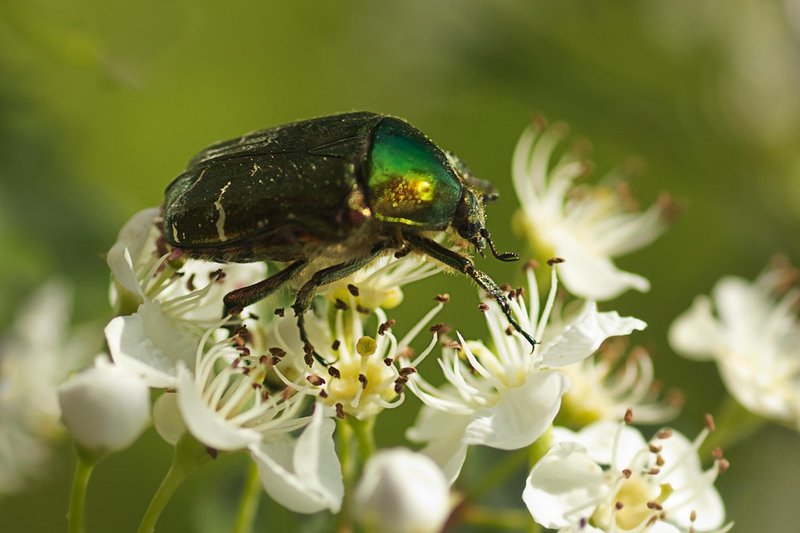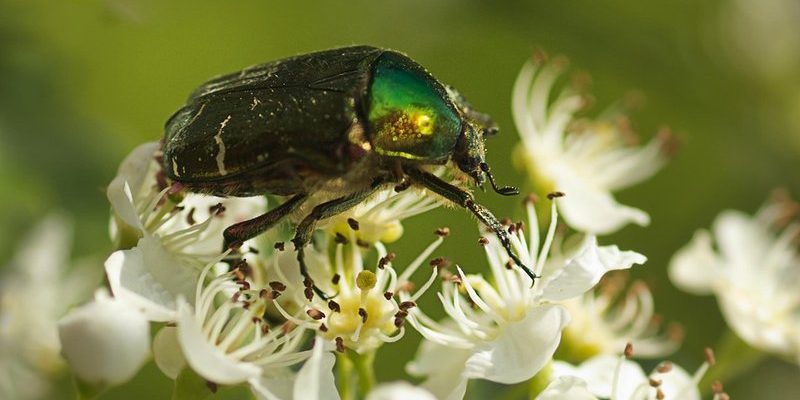
When you picture a garden, it’s easy to see bees buzzing around flowers, but dung beetles deserve a bit of recognition too. They help break down waste and, surprisingly, contribute to pollination in their own unique way. Think of dung beetles as nature’s multitaskers. They’re kind of like that reliable friend who will help you move, bring snacks, and fix your Wi-Fi all in one day. So, let’s dig deeper into the many jobs dung beetles do.
What are Dung Beetles?
Before diving into their various roles, let’s clarify what dung beetles really are. These fascinating insects belong to the Scarabaeidae family and are found all over the world. They come in various shapes and sizes, from small and round to long and slender. Most dung beetles primarily feed on decaying plant material and animal droppings. You might think it’s a dirty job, but someone’s got to do it!
What makes these beetles special is their unique ability to recycle waste. They roll dung into balls that they either eat or store as food for their young. This process not only helps clean up the environment but also enriches the soil, promoting healthier plant growth. So the next time you see a beetle busy at work, remember they’re contributing more to the ecosystem than meets the eye.
The Role of Dung Beetles in Pollination
You might be surprised to learn that dung beetles play a role in pollination. While they aren’t the primary pollinators like bees or butterflies, they still help pollinate certain plants. When dung beetles dig through dung for food, they often disturb the soil around them, which can expose flower seeds. This can lead to new plants sprouting in areas that might not have had them before.
Additionally, when dung beetles consume dung, they might ingest pollen grains. As they move around, some of that pollen can stick to their bodies and be transferred to flowers they visit next. It’s a small but meaningful contribution to the process of pollination.
Benefits of Dung Beetles to Soil Health
Let’s pivot for a moment to discuss how dung beetles contribute to soil health. Their tunneling and feeding habits aerate the soil, allowing it to breathe and absorb water better. Picture a sponge: when it’s compressed, it can’t soak up much water, but when you fluff it up, it can hold more. That’s what dung beetles do for the dirt beneath our feet.
Moreover, by breaking down dung and recycling nutrients, dung beetles enhance soil fertility. Nutrient-rich manure becomes a natural fertilizing agent for plants, promoting growth and boosting crop yields. So, farmers, take note—these little guys can be a game changer for your fields.
How Dung Beetles Help Control Parasite Populations
Did you know that dung beetles can also help control parasite populations? When they remove and bury dung, they effectively reduce the habitat for parasites that thrive in animal droppings. Think of it as a natural pest control method.
By doing this, dung beetles help lower the chances of livestock getting sick from parasites, resulting in healthier animals. This, in turn, benefits farmers by reducing veterinary costs and increasing livestock productivity. It’s a win-win situation!
The Different Types of Dung Beetles
Dung beetles are a diverse bunch, with over 5,000 species worldwide. They can generally be classified into three main categories based on their behaviors: rollers, tunnellers, and dwellers.
- Rollers: These are the ones you see rolling dung balls away to store them. They often bury the dung in underground chambers.
- Tunnellers: Instead of rolling dung away, tunnellers dig down into it. They bury it right where they find it, creating a cozy spot for future generations.
- Dwellers: As the name implies, dwellers live right in dung. They don’t move it or bury it; they simply make it their home and food source.
Each type has its own unique role in the ecosystem, but they all contribute to breaking down waste and enriching the soil.
How to Encourage Dung Beetles in Your Garden
If you’re a garden enthusiast or a homeowner, you might want to attract dung beetles to your yard. Here’s how you can create a welcoming environment for these little helpers:
1. Leave Some Dung: This might sound odd, but leaving animal droppings (like from your pets) in a corner of your yard can attract dung beetles. They’ll do their thing and help enhance your soil.
2. Avoid Chemicals: Pesticides and herbicides can harm dung beetles. Garden organically whenever possible to keep them around.
3. Mulch Your Garden: Mulching adds organic matter to the soil. Dung beetles love this, as it offers them additional food sources while also improving soil health.
4. Diverse Plant Life: A variety of plants can attract different beetles, increasing your chances of having these little workers in your garden.
By encouraging dung beetles to set up shop in your garden, you’ll not only enrich your soil but also create a balanced ecosystem.
Dung beetles might not be the most glamorous insects, but they play crucial roles in our ecosystems. From aiding in pollination to enriching the soil and controlling parasites, they’re the unsung heroes of our natural world. So, the next time you see one rolling a ball of dung, remember all the hard work it’s doing behind the scenes—keeping our environment clean and healthy.
These little beetles show us just how interconnected life can be. Every critter has a job, and dung beetles remind us that even the most overlooked creatures have significant contributions to our planet. Let’s give them the recognition they deserve!

